News
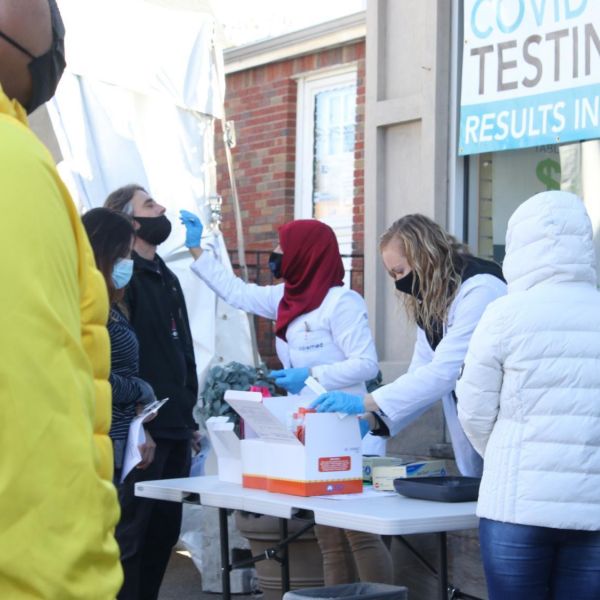
Oct 28, 2021
More strategic COVID-19 testing could prevent distancing and shutdowns
Strategically increasing testing capacity, either by making diagnostic tests faster or more available, can reduce reliance on costly preventative interventions, such as distancing and shutdowns, according to a team of researchers led by Penn State.
Full Article

Oct 25, 2021
Traffic and mobile phone data predict COVID case counts in rural Pennsylvania
How much people moved around town predicted COVID-19 cases in a rural Pennsylvania county in 2020, according to a new study by researchers at Penn State.
Full Article
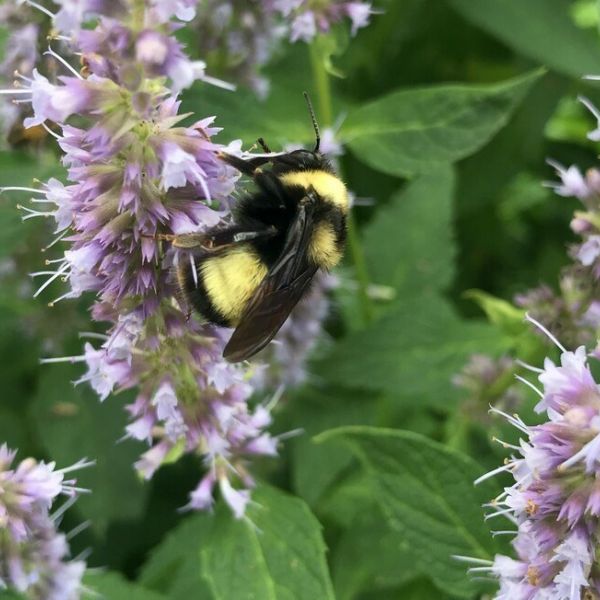
Oct 22, 2021
Popular perennial flowering plants can attract diverse mix of pollinators
Popular species of perennial flowering plants vary widely in their attractiveness to pollinators, but homeowners and landscape managers who select certain perennial cultivars can support a diverse community of pollinators in their own backyards, according to a new study from a team of Penn State researchers.
Full Article
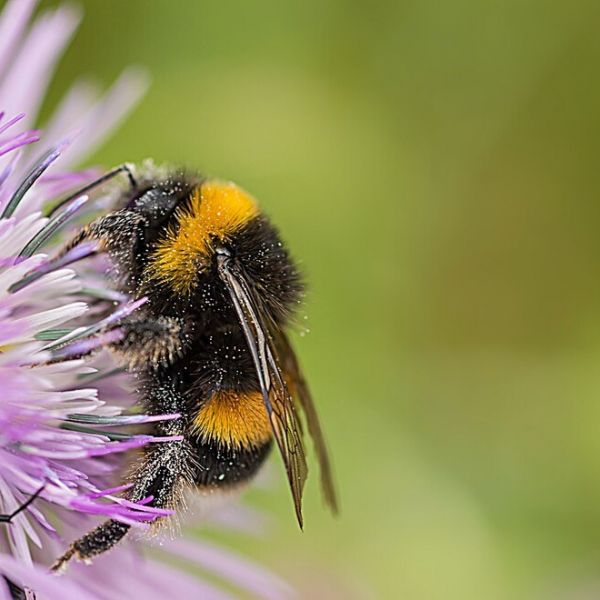
Oct 21, 2021
Scientists uncover the genetic pathway that colors bumble bee stripes
While most people in the U.S. may think of bumble bees as the standard yellow and black variety, there are an estimated 260 bee species that sport about 400 different color patterns. One reason many people associate bumble bees with distinct colors is because evolution can influence multiple bee species to share similar color patterns in specific geographic regions, which scientists call mimicry.
Full Article
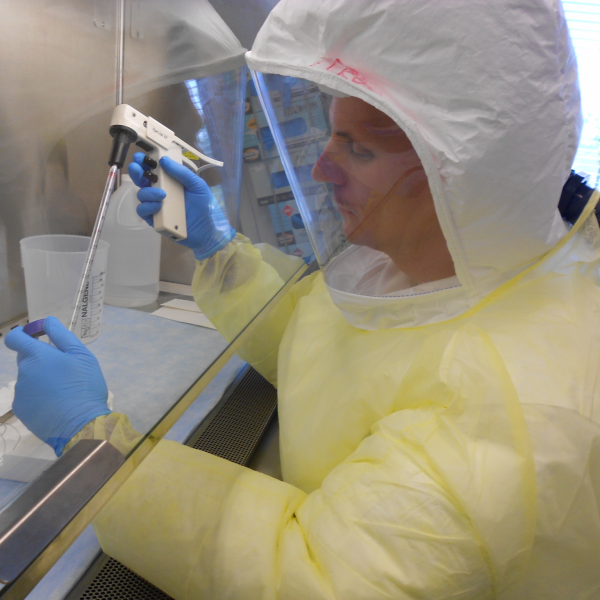
Oct 21, 2021
Preparing for potential pandemics is focus of new federal grant to Penn State
Researchers at Penn State have received a grant from the National Institute of Allergy and Infectious Diseases to study H7N9 with a goal of developing new and fundamental knowledge of virus mutations that could indicate the potential for transmissibility in humans.
Full Article
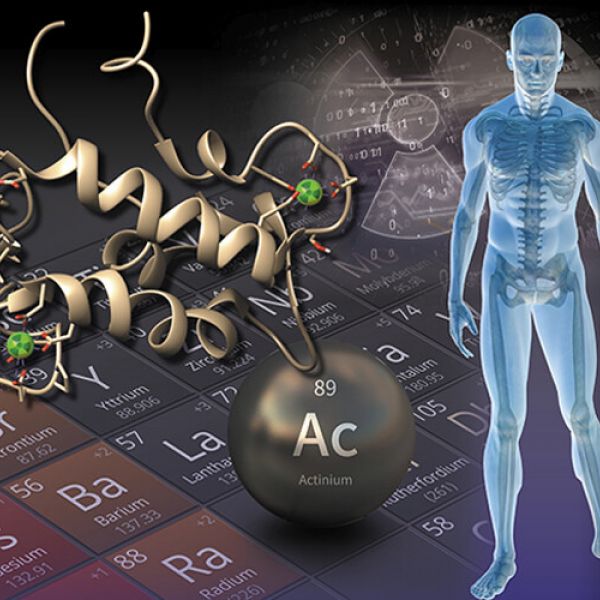
Oct 20, 2021
Radioactive metals for medicine get a boost from recently discovered protein
A protein can be used to recover and purify radioactive metals such as actinium that could be beneficial for next-generation drugs used in cancer therapies and medical imaging, according to new research from Penn State and Lawrence Livermore National Laboratory (LLNL).
Full Article
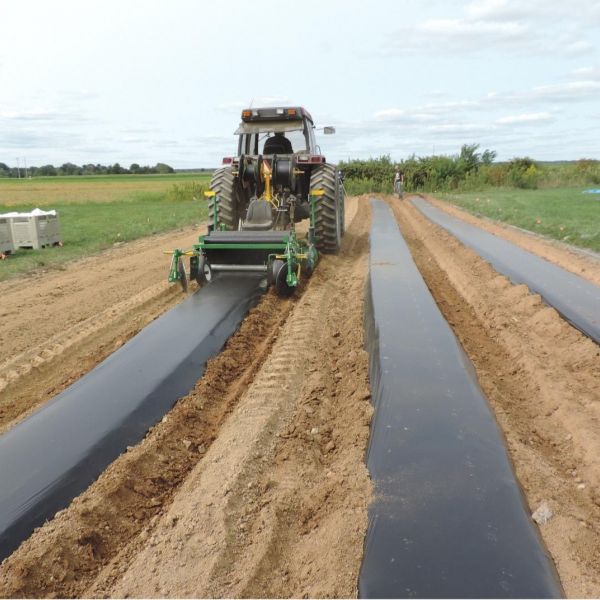
Oct 19, 2021
Grant to fund research on biological approach to manage soil pathogens and pests
In an effort to boost the profitability and sustainability of organic specialty crop productions, a team of scientists is improving and optimizing a method for controlling soilborne pests and pathogens and promoting soil health that prevents oxygen from entering the soil.
Full Article
Oct 15, 2021
New podcast tracks the evolution of diverse human traits
“Tracking Traits,” a new podcast launched by Penn State’s Center for Human Evolution and Diversity (CHED), explores the current work of researchers who are forging new pathways to understanding the evolution of human diversity, via a wide variety of approaches.
Full Article

Oct 15, 2021
Huck Welcomes Sindura Ganapathi as Visiting Fellow in Global Heath
Ganapathi, a Penn State alum who now works for the Indian government, will give a pair of lectures next week while he visits University Park.
Full Article

Oct 14, 2021
Robert Sainburg named Huck Chair in Kinesiology and Neurology
Robert “Bob” Sainburg, professor of kinesiology and of neurology and director of the Huck Institutes’ Center for Movement Science and Technology, has been named Huck Distinguished Chair in Kinesiology and Neurology.
Full Article